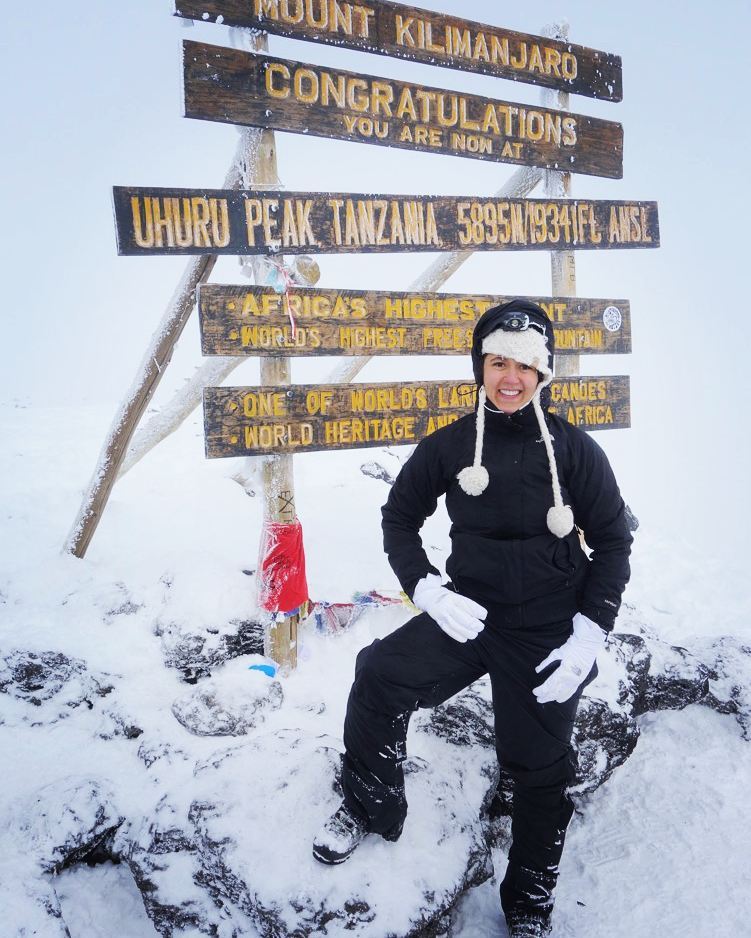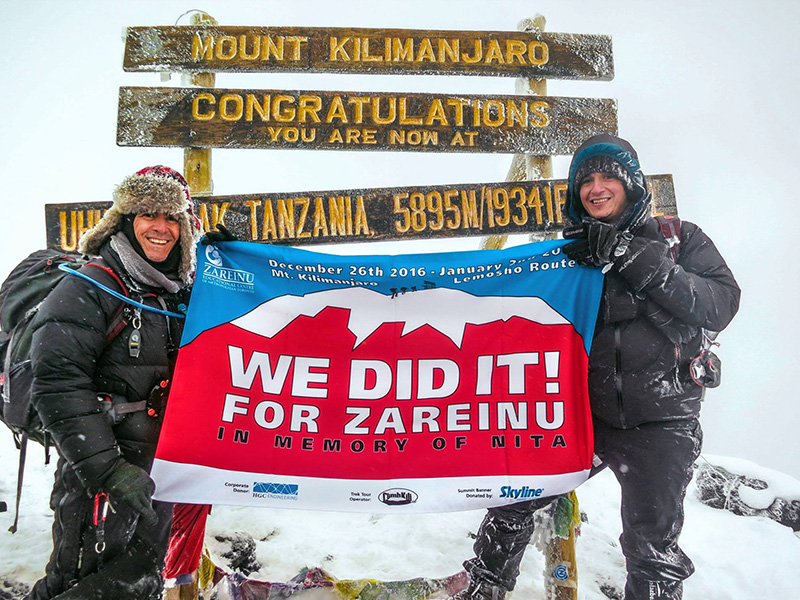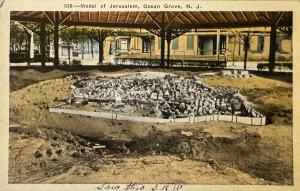Bernard Feder celebrated New Year’s 2017 in time-honoured fashion: light-headed, surrounded by queasy revellers.
As midnight approached, Feder enjoyed the fireworks in the distance with loved ones nearby. Beginning at 11 p.m., his two children – Cassandra, 27, and Justin, 22 – had joined him for the long night.
Much differed from celebrations back home in Toronto, though. For one, Auld Lang Syne was replaced by an African medley. For another, when the calendar turned, he was thousands of metres up Mount Kilimanjaro.
“Everything was expected on the climb to the top, except for that last marathon day,” he said. “We could see a lot of people who had to stop, and were throwing up because of the altitude sickness. Some don’t make it.”
READ: TORONTO COUPLE RETURNS FROM NEPAL AFTER EARTHQUAKE
The Feders did, reaching Stella Point around sunrise after a seven-hour trek, before climbing another hour to Uhuru Peak and beginning their eight-hour descent to camp after a half-hour look-see.
The trip marked several milestones. The family has always pursued adventure travel, but a major group trip was long overdue, foiled in part by Cassandra’s move to Israel.
For Justin, the hike and four-day safari afterward came on the cusp of his final undergraduate semester at the University of Toronto.

Most of all, the Feders’ family trip honoured the memory of their wife and mother, Nita Frenkel, who died 10 years ago. The five-hour daily trek offered time to ponder.
“I was thinking about what it meant to raise the kids on my own, and now the kids are moving on and succeeding, and thinking that I could relax now that the kids came out OK, and the kids have things to be proud of,” Feder said. “There was a lot of benchmarking. Unfortunately, [Nita] could not be here to see how well they turned out. There was a lot of contemplation. It was very moving.”
Originally from Melbourne, Frenkel also travelled, but more conventionally than her husband. (“This wouldn’t have been her thing to do,” he said.) The couple met in Israel, moved to his hometown of Montreal and eventually settled in Toronto.
Nita became a special needs worker, first as a volunteer at Reena and then at the Zareinu Educational Centre, where she was eventually hired. When the Feders decided last summer to climb Kilimanjaro, they saw an opportunity to fundraise for an organization where Nita had worked until her death.
They targeted $5,000, but ended up raising more than $7,000 for Zareinu, a school and treatment centre for children with physical and developmental challenges.
“When Nita worked with the Zareinu students, she demonstrated unconditional love for each and every one of them,” said Tony Lipsey, Zareinu’s head of school. “She loved each child as her own. She also developed close bonds with our students and they adored her.”
Kilimanjaro is not considered a “technical” climb, so hikers can leave ropes and harnesses at home. However, they should be in shape, and Feder, 56, trained by running, even tackling trails at Banff National Park. Only one element couldn’t be planned: the thin air.
“You can be in amazing shape and not be able to do it because of altitude sickness,” he said. “And you can be in not as great shape and have fewer problems.”
Still, aside from Justin’s nausea on the first day, the Feders adjusted to the lack of oxygen, helped by pills to alleviate its effects.
Kilimanjaro hikers select from multiple routes of varying lengths and difficulty levels. Feder credits his group’s success in part to their longer, gradual seven-day path up the mountain, which helped their bodies acclimatize. By comparison, their entire descent, via a steeper route, took 12 hours in total over two days.
The climb’s hardships were also eased by six porters, who carried most of their baggage, and three guides. Each night, the porters cooked carbohydrate-packed meals and pitched their tents, even one with a makeshift toilet.
Late December coincided with Chanukah, so the Feders added a seasonal comfort of home. “We brought a menorah and lit candles all the way up every night, so it became a good omen for us,” Feder said.







